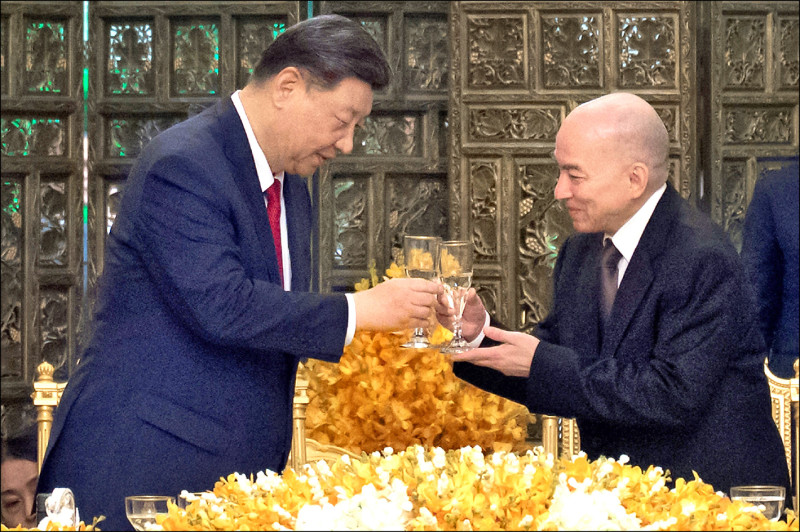World
China Implements Austerity Measures for Government Officials

The Chinese government has issued new spending guidelines aimed at promoting austerity among its officials as the country grapples with economic challenges. The directive, released by the State Council, emphasizes the need for government employees to adopt a more frugal lifestyle in light of ongoing economic headwinds.
As China faces a continued trade war with the United States and slower domestic growth, the government is urging officials to “tighten their belts.” This phrase reflects a push for reduced expenditures across various sectors, particularly in areas such as travel and office expenses.
New Guidelines Target Excessive Spending
The guidelines specify a range of restrictions on government spending. For instance, officials are now prohibited from offering expensive alcohol, cigarettes, and gourmet meals during work-related functions. Additionally, officials are instructed not to see guests off at airports, and lavish flower arrangements at conferences will no longer be permitted.
This move comes at a time when China’s economy is facing pressure from both internal and external factors. The trade tensions with the United States have added to the uncertainty, leading to calls for more responsible fiscal practices within the government. The State Council aims to set an example for citizens by implementing these measures, reinforcing the importance of economic prudence during challenging times.
These austerity measures are part of a broader effort to address the economic slowdown, which has raised concerns among both officials and the public. The government hopes that by leading through example, it can foster a culture of frugality that resonates throughout society.
Public Reaction and Future Implications
The public response to these new guidelines has been mixed. While some citizens express support for the government’s focus on frugality, others view it as a necessary but insufficient measure to address the deeper economic issues at play. Analysts suggest that the effectiveness of these guidelines will largely depend on the government’s ability to implement them consistently and transparently.
In light of these developments, the Chinese government is expected to continue monitoring economic indicators closely. The ongoing trade war with the United States and the impact of global economic conditions will likely shape future policies and spending practices.
As the situation evolves, both domestic and international observers will be watching closely to see how these austerity measures influence overall economic stability and growth in China.
-

 Business5 months ago
Business5 months agoKenvue Dismisses CEO Thibaut Mongon as Strategic Review Advances
-

 Lifestyle4 months ago
Lifestyle4 months agoHumanism Camp Engages 250 Youths in Summer Fest 2025
-

 Sports4 months ago
Sports4 months agoDe Minaur Triumphs at Washington Open After Thrilling Comeback
-

 Sports5 months ago
Sports5 months agoTupou and Daugunu Join First Nations Squad for Lions Clash
-

 Top Stories5 months ago
Top Stories5 months agoColombian Senator Miguel Uribe Shows Signs of Recovery After Attack
-

 World5 months ago
World5 months agoASEAN Gears Up for Historic Joint Meeting of Foreign and Economic Ministers
-

 Health4 months ago
Health4 months agoNew Study Challenges Assumptions About Aging and Inflammation
-

 Business5 months ago
Business5 months agoOil Prices Surge Following New EU Sanctions on Russia
-

 Entertainment4 months ago
Entertainment4 months agoDetaşe-Sabah Violin Ensemble Captivates at Gabala Music Festival
-

 Entertainment4 months ago
Entertainment4 months agoBaku Metro Extends Hours for Justin Timberlake Concert
-

 Top Stories5 months ago
Top Stories5 months agoRethinking Singapore’s F&B Regulations Amid Business Closures
-

 Business5 months ago
Business5 months agoU.S. House Approves Stablecoin Bill, Sends to Trump for Signature









